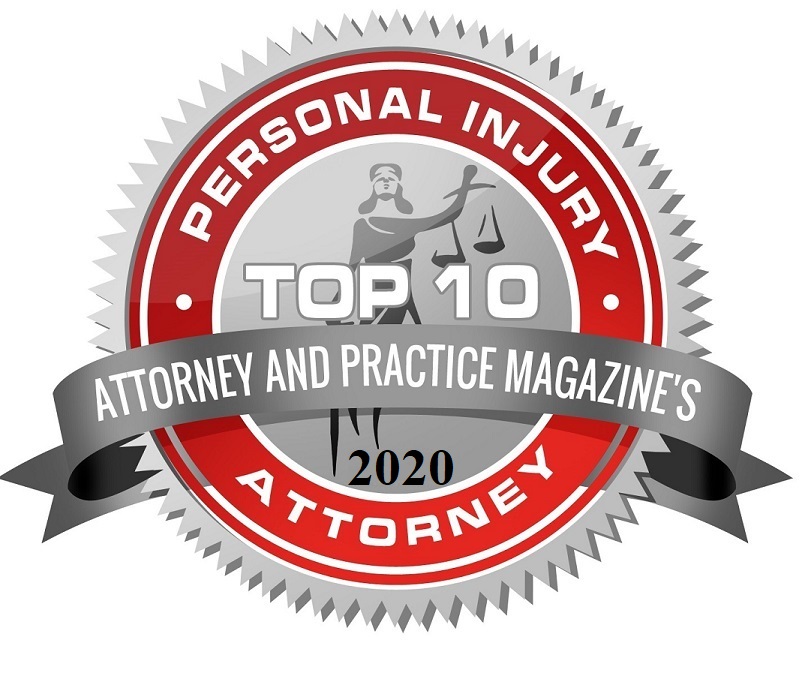From the moment of impact, the scene of a car accident can quickly become chaotic, with numerous tasks requiring immediate attention. Amidst the confusion, documenting your car accident thoroughly and accurately is crucial. Proper documentation can protect your legal rights and ensure you receive the compensation you deserve. Here is a comprehensive guide on how to meticulously document your car accident in Florida.






Stay Calm and Ensure Safety
The first moments after an accident are critical. Take a deep breath and ensure that you and your passengers are safe. If possible, move your vehicle to a safe location away from traffic. This step is vital not only for your safety but also for preserving the scene of the accident as much as possible. Turn on your hazard lights to alert other drivers of the situation and avoid further collisions. If anyone is injured, call emergency services immediately. Your primary concern should always be the health and safety of everyone involved.
Contact Law Enforcement
In Florida, it is mandatory to report any car accident that results in injury, death, or significant property damage to the local police or Florida Highway Patrol. Contact law enforcement immediately and wait for them to arrive at the scene. The police report will serve as an official document detailing the accident, including the officer’s observations and any statements from involved parties and witnesses. This report can be invaluable when filing insurance claims or pursuing legal action.
Gather Information from All Parties Involved
While waiting for law enforcement to arrive, start collecting information from all parties involved in the accident. Obtain the names, addresses, phone numbers, and insurance details of the other drivers. Additionally, note the make, model, year, and license plate numbers of their vehicles. If there are passengers in the other vehicles, gather their contact information as well. This information is essential for your insurance claim and any potential legal proceedings.
Document the Scene with Photographs and Videos
Photographic and video evidence can be extremely compelling when documenting a car accident. Use your smartphone or a camera to capture the scene from multiple angles. Take wide shots to show the overall scene and close-ups to highlight specific damages and details. Photograph all vehicles involved, focusing on areas of damage, skid marks, debris, and any visible injuries. Additionally, take pictures of traffic signals, signs, road conditions, and any other relevant environmental factors. Videos can provide a more comprehensive view of the scene, capturing the context and dynamic elements that photos might miss.
Speak to Witnesses
Witness statements can provide an objective perspective on the accident. If there are any witnesses present, approach them and ask for their account of what happened. Collect their names and contact information and request permission to record their statements if possible. Witnesses can corroborate your version of events and provide critical testimony should there be any disputes regarding the accident’s cause or details.
Take Detailed Notes
While the events are still fresh in your mind, write down a detailed account of the accident. Describe the sequence of events leading up to the collision, the impact, and the aftermath. Include information about the weather, lighting, road conditions, and traffic patterns at the time of the accident. Note the time and location of the accident, and describe your actions and reactions as well as those of the other drivers. These notes will be invaluable when recounting the accident to insurance adjusters, medical professionals, and legal representatives.
Seek Medical Attention
Even if you feel uninjured, it is crucial to seek medical attention as soon as possible after a car accident. Some injuries may not be immediately apparent, and a medical professional can identify and document any injuries you may have sustained. Medical records will serve as essential evidence if you need to file an insurance claim or pursue legal action for personal injuries. Follow the advice of your healthcare provider and keep all records of medical visits, treatments, and expenses related to the accident.
Notify Your Insurance Company
Report the accident to your insurance company promptly. Provide them with all the information you have gathered, including the police report number, contact information of involved parties and witnesses, and photographic evidence. Be honest and accurate in your account of the accident. Your insurance company will guide you through the claims process and help you understand your coverage and any potential compensation you may be entitled to receive.
Preserve All Documentation
Maintaining organized records of all documents related to your car accident is essential. Create a dedicated file to store police reports, medical records, insurance correspondence, repair estimates, receipts, and any other relevant documents. This organized approach will make it easier to access and present necessary information when dealing with insurance adjusters, legal representatives, or medical professionals.
Understand Florida’s No-Fault Insurance System
Florida operates under a no-fault insurance system, which means that your own insurance company will cover your medical expenses and lost wages regardless of who was at fault in the accident. However, you may still be able to pursue a claim against the at-fault driver if your injuries meet certain thresholds defined by Florida law, such as significant and permanent loss of an important bodily function, permanent injury, significant scarring or disfigurement, or death. Understanding this system is crucial for managing your expectations and legal options following an accident.
Choosing The Right Personal Injury Attorney Personal Injury Settlement TimelineRelated Videos
Consider Legal Representation
Car accidents can lead to complex legal and insurance issues, particularly when there are significant injuries or disputes over fault. In such cases, seeking legal representation can be highly beneficial. An attorney with experience in car accident cases can help you navigate the legal landscape, negotiate with insurance companies, and pursue fair compensation for your injuries and damages. They can also represent your interests in court if necessary.
If you or a loved one has been involved in a car accident in Florida, the legal team at Serrano Law is here to help. Our dedicated attorneys have extensive experience in handling car accident cases and are committed to providing you with the support and representation you need. We understand the complexities of Florida’s insurance and legal systems and will work tirelessly to ensure you receive the compensation you deserve. Don’t navigate this challenging time alone. Contact Serrano Law today to schedule a consultation and take the first step toward securing your rights and future.
Case Results
Documenting a car accident in Florida requires a meticulous and thorough approach. From ensuring safety and gathering information at the scene to seeking medical attention and understanding your legal options, each step is vital for protecting your rights and securing fair compensation. By following these guidelines and seeking professional assistance when needed, you can navigate the aftermath of a car accident with confidence and peace of mind.



